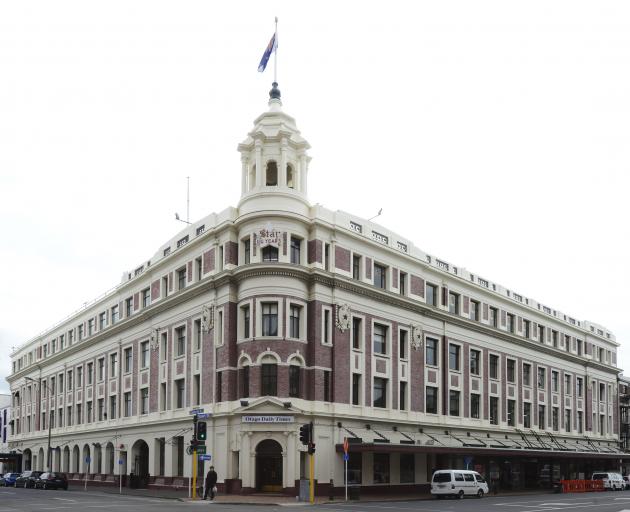
There can be no doubting that. It’s the truth. We trust the calendars which tell us that fact.
It’s looking like quite a nice day. Is it? Whose judgement is that?
What does "nice" mean, other than different things to different people? Who is telling us the weather will be "nice" and do we trust them?
Trust is at the heart of our families, friendships, communities, our society and our democracy.
We trust each other to do what we have said and not to take advantage of others by pulling the wool over their eyes.
We trust that the leaders of New Zealand are in it for the right reasons, that they deeply, fully want to make a positive difference to the way we live, especially for those who are struggling.
Until we don’t trust them any more. They get too self-important, they obfuscate, they lie and cheat and eventually get caught out. They lose their mana, their reputation.
And we’re not just talking about politicians but leaders of all kinds, including work bosses, church authorities, police officers and sports coaches.
On Monday, AUT’s Research Centre for Journalism, Media and Democracy published its latest annual survey of trust in New Zealand news providers, based on a survey of 11 questions given to 1033 adults. The results make salutary reading.
We are delighted to once again be recognised as the most trustworthy news brand in the country. This is a result of the efforts of everyone at the Otago Daily Times to produce a compelling, accurate and honest newspaper and website which truly reflect the happenings in our region.
While the result is a shot-in-the-arm for our work and our kind of journalism, there is no room for complacency.

That erosion of trust in New Zealand journalists’ work is alarming. What is also worrying, though understandable to a certain extent, is the rise in the number of people who actively avoid reading the news, or listening or watching it. That figure jumped from 69% in the 2023 survey to 75%.
So, who are the people who most mistrust the media? According to the report, they are in the 55-64 year-old bracket, while those who most trust it are, somewhat surprisingly, aged between 18 and 24, and also 75 years old and above.
People in the 55-64 and 65-74 age cohorts are the most interested in news. But active avoidance of news is highest in the 55-64-year-old age range.
Journalists are well-used to having their industry compared with the last years of the dinosaurs’ era.
While there is clearly dissatisfaction with the way news is presented, and some take umbrage at what they consider as biases in reporting, the world would be a far worse place without the fourth estate. Imagine what the unscrupulous would be able to get away with, free from the queries and inquisitiveness of journalists?
The survey results give us much food for thought. It’s shocking so many are choosing not to engage with news, but with the doom and gloom of the Covid-19 pandemic, climate change, Trumpism and the like, and wars in the Middle East and Ukraine, perhaps it’s not surprising.
And yet the world has always been a hotbed of anger and violence, and some would argue it is better now for more people than it ever used to be.
Perhaps, then, it is the increasingly graphic nature of seemingly unending coverage, and the ease with which it is accessed, which is switching people off?
It is also worth considering what can be done to get those in the 55-64 age group who distrust news back on board again. There is some truth to the argument that most New Zealand journalists are more Left than Right. But would these disgruntled folk ever be satisfied, however the media was composed?
The ODT is not perfect. We don’t always get it right.
But in a world swirling with misguided misinformation and toxic disinformation, we have a formidable history and remain dedicated to holding those in power to account.
Trust doesn’t come overnight.











